Baseball, often referred to as America’s pastime, has seen its fair share of legendary players who have left an indelible mark on the sport. Throughout the years, countless debates have arisen regarding the greatest baseball players of all time. While opinions may differ, there are certain individuals who consistently appear on any reputable list.
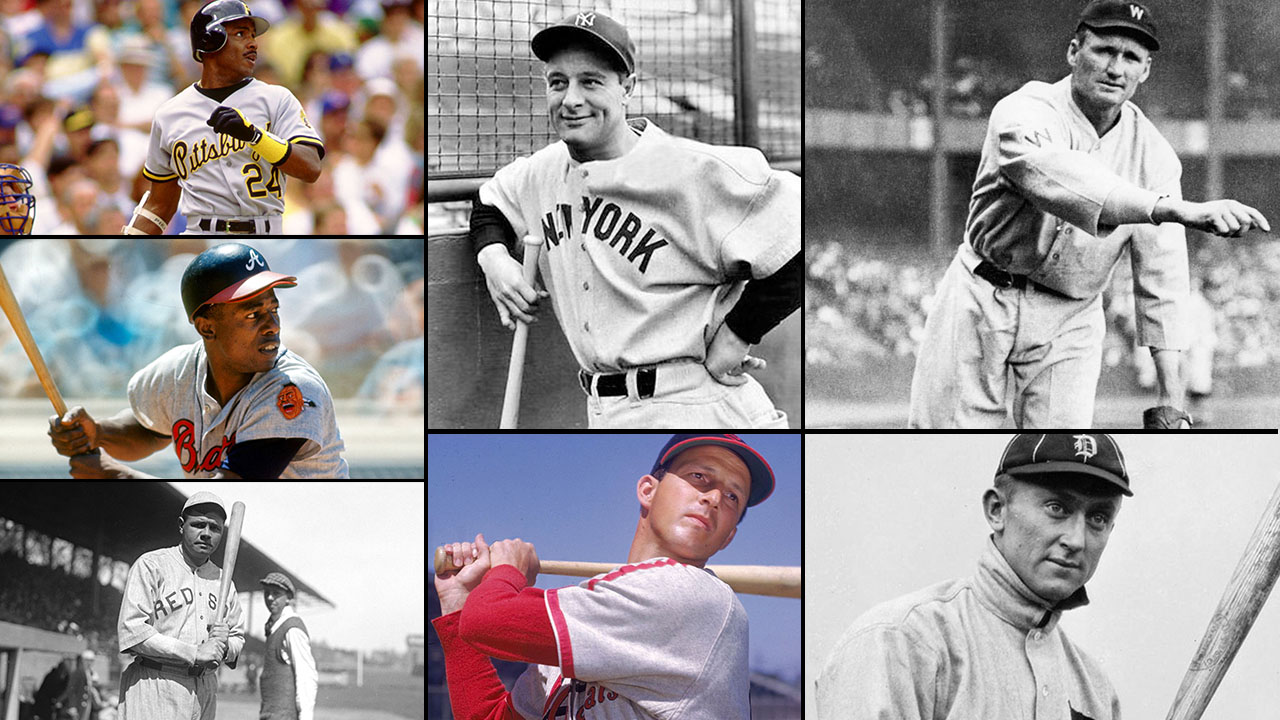
Top 10 greatest baseball players of all time
In this article, we will delve into the lives and accomplishments of the top 10 greatest baseball players of all time, discussing their remarkable skills, achievements, and impact on the game.
Babe Ruth: The Sultan of Swat
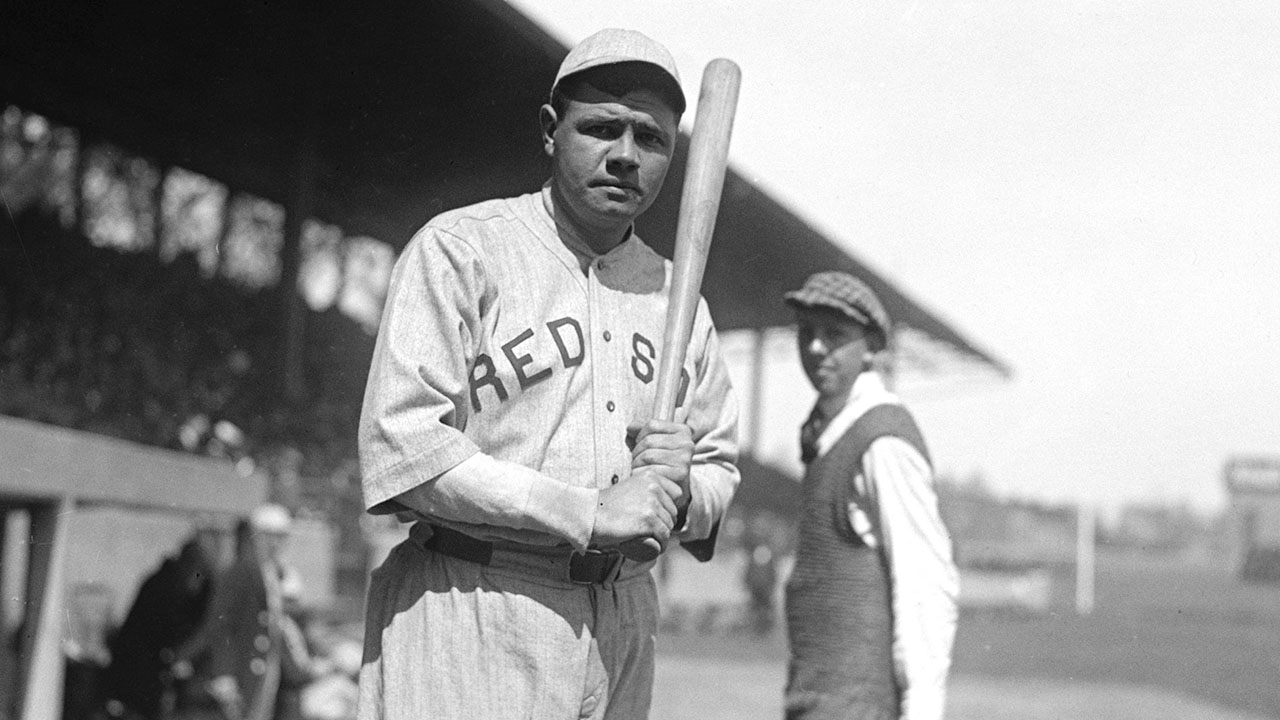
Babe Ruth, often referred to as the “Sultan of Swat,” revolutionized the game of baseball with his phenomenal hitting prowess. Born George Herman Ruth Jr. on February 6, 1895, in Baltimore, Maryland, Ruth quickly rose to prominence as a member of the Boston Red Sox before ultimately joining the New York Yankees. His incredible power and ability to hit towering home runs set the standard for power hitters in the game.
Ruth’s records and achievements are a testament to his greatness. He held the record for the most career home runs (714) until it was surpassed by Hank Aaron in 1974. He also held the record for the most home runs in a single season (60) until it was broken by Roger Maris in 1961. In addition, Ruth’s career batting average of .342, 2,213 RBIs, and 2,174 runs scored solidify his place as one of the greatest players to ever step onto a baseball diamond.
Willie Mays: The Complete Player
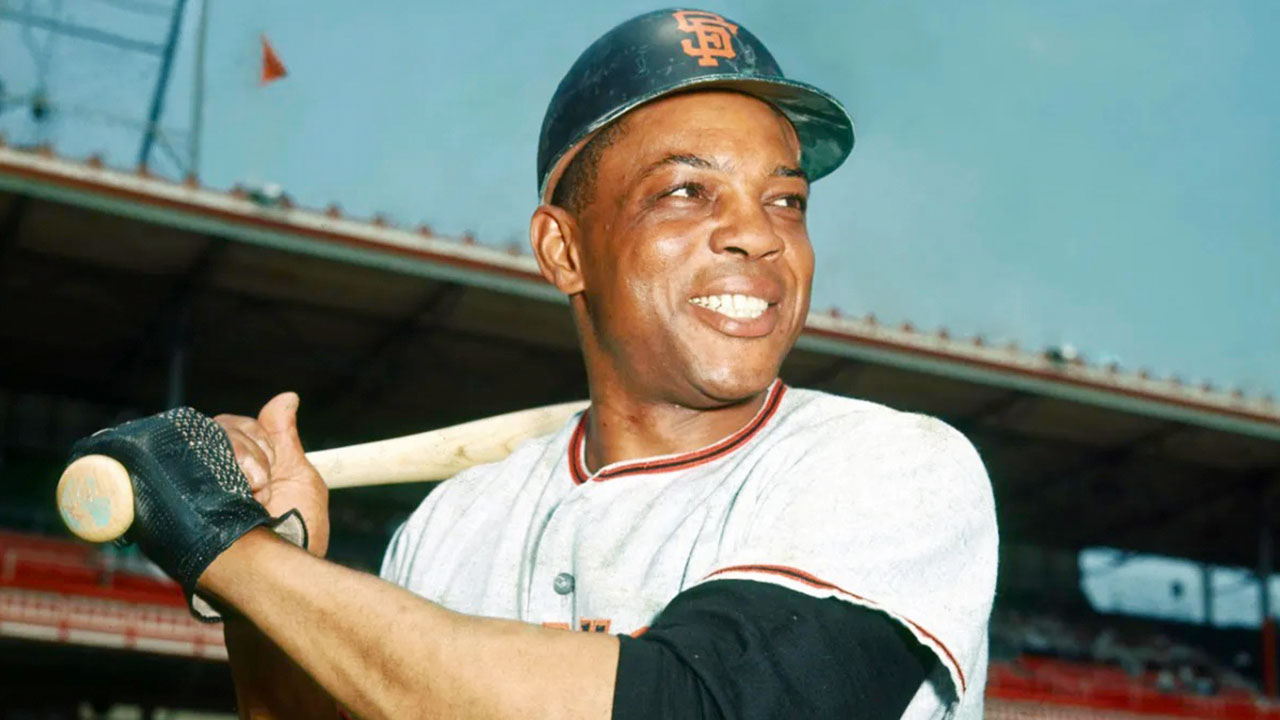
Willie Mays, often regarded as the greatest all-around player in baseball history, possessed an extraordinary combination of fielding, speed, and hitting ability. Born on May 6, 1931, in Westfield, Alabama, Mays made his major league debut for the New York Giants in 1951. Throughout his career, he dazzled fans with his acrobatic catches in center field, earning himself the nickname “The Say Hey Kid.”
Mays’s numbers speak for themselves. He finished his career with 660 home runs, 3,283 hits, and 1,903 RBIs. He also stole 338 bases and won 12 Gold Glove Awards for his exceptional fielding prowess. Mays’s impact on the game extended beyond his on-field performance. He was a true ambassador for baseball and a role model for future generations of players.
Hank Aaron: Breaking Barriers and Records
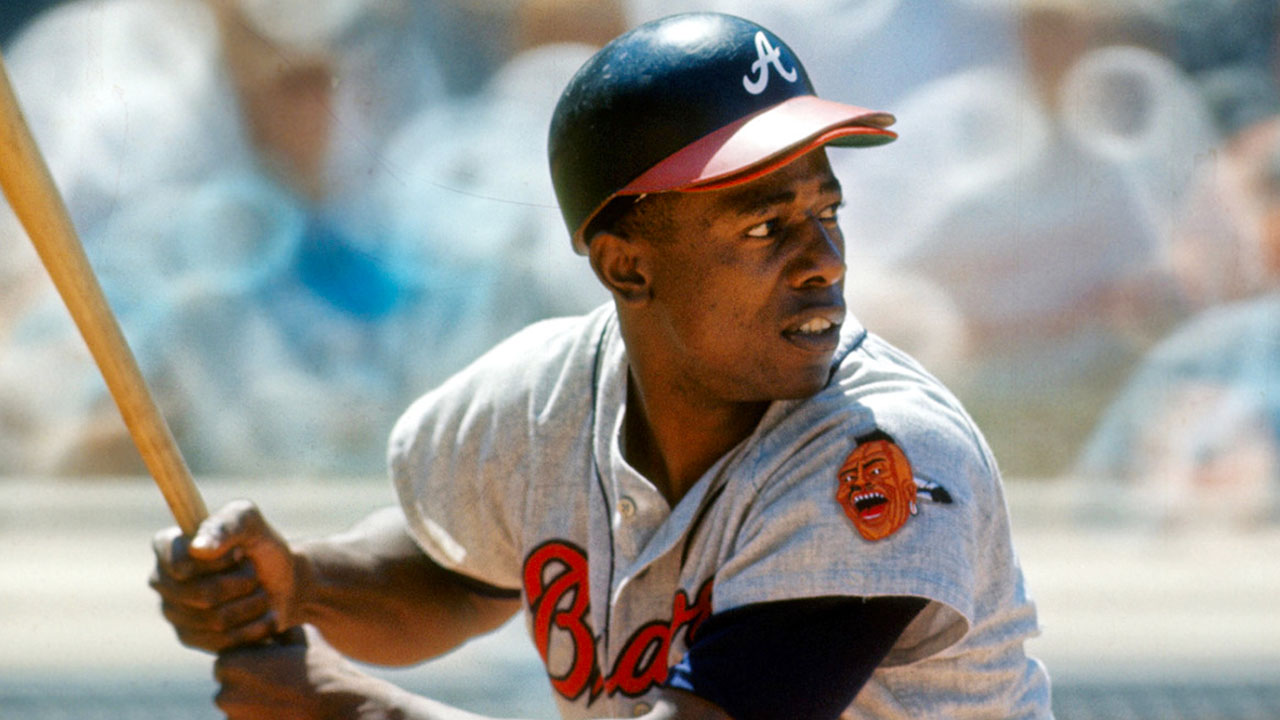
Hank Aaron, born on February 5, 1934, in Mobile, Alabama, is widely regarded as one of the greatest sluggers in baseball history. He began his illustrious career with the Milwaukee Braves in 1954 and later played for the Atlanta Braves. Aaron’s consistent excellence and ability to hit for both power and average set him apart from his peers.
Aaron’s most notable achievement came on April 8, 1974, when he surpassed Babe Ruth’s career home run record of 714. Aaron would go on to hit 755 home runs, a record that stood until it was broken by Barry Bonds in 2007. Throughout his career, Aaron amassed 3,771 hits, 2,297 RBIs, and a career batting average of .305. His impact on the game goes far beyond his statistical achievements, as he served as a trailblazer and inspiration for generations of players.
Ted Williams: The Hitting Savant
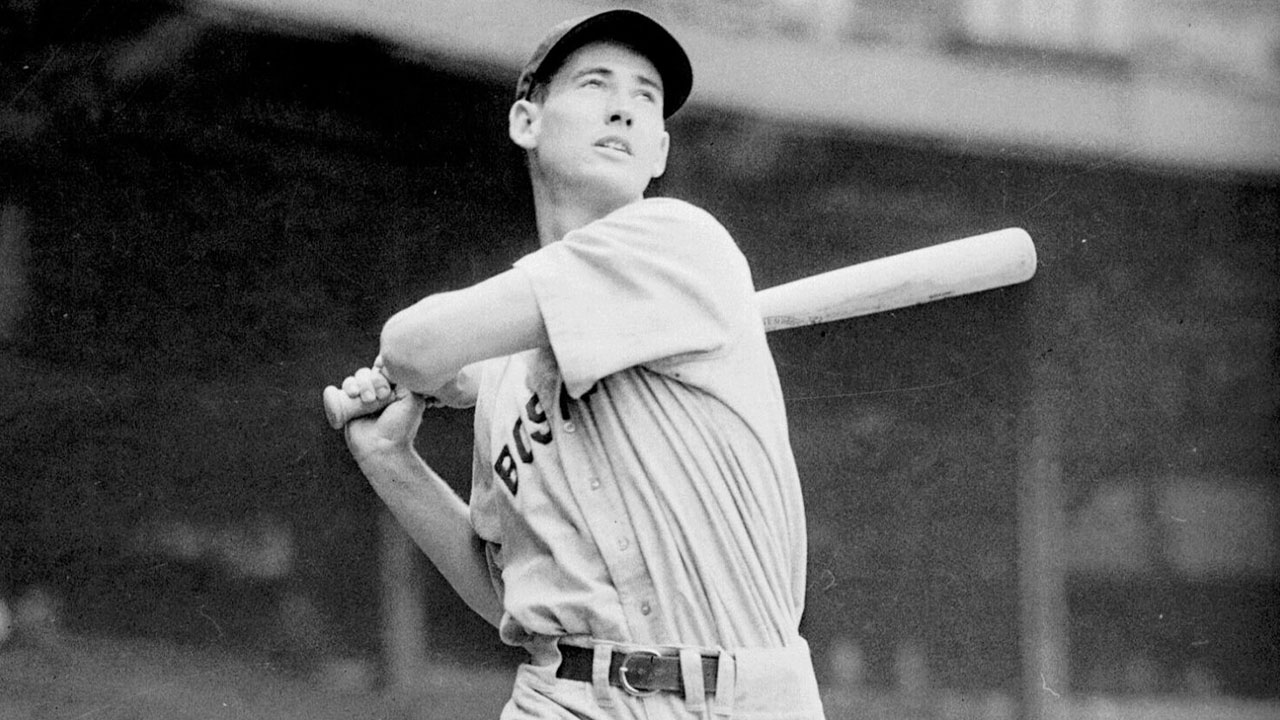
Ted Williams, born on August 30, 1918, in San Diego, California, was a baseball prodigy known for his exceptional hitting ability. Williams’s keen eye for pitches and flawless swing made him one of the most feared hitters of his era. Williams played his entire career for the Boston Red Sox, becoming one of the franchise’s most beloved and iconic figures.
During his tenure, Williams won two Triple Crowns, an accolade given to players who lead their respective league in batting average, home runs, and RBIs. He finished his career with a remarkable .344 batting average, 521 home runs, and 1,839 RBIs. Williams’s achievements are even more impressive considering his military service interruptions during World War II and the Korean War.
Ty Cobb: The Fierce Competitor
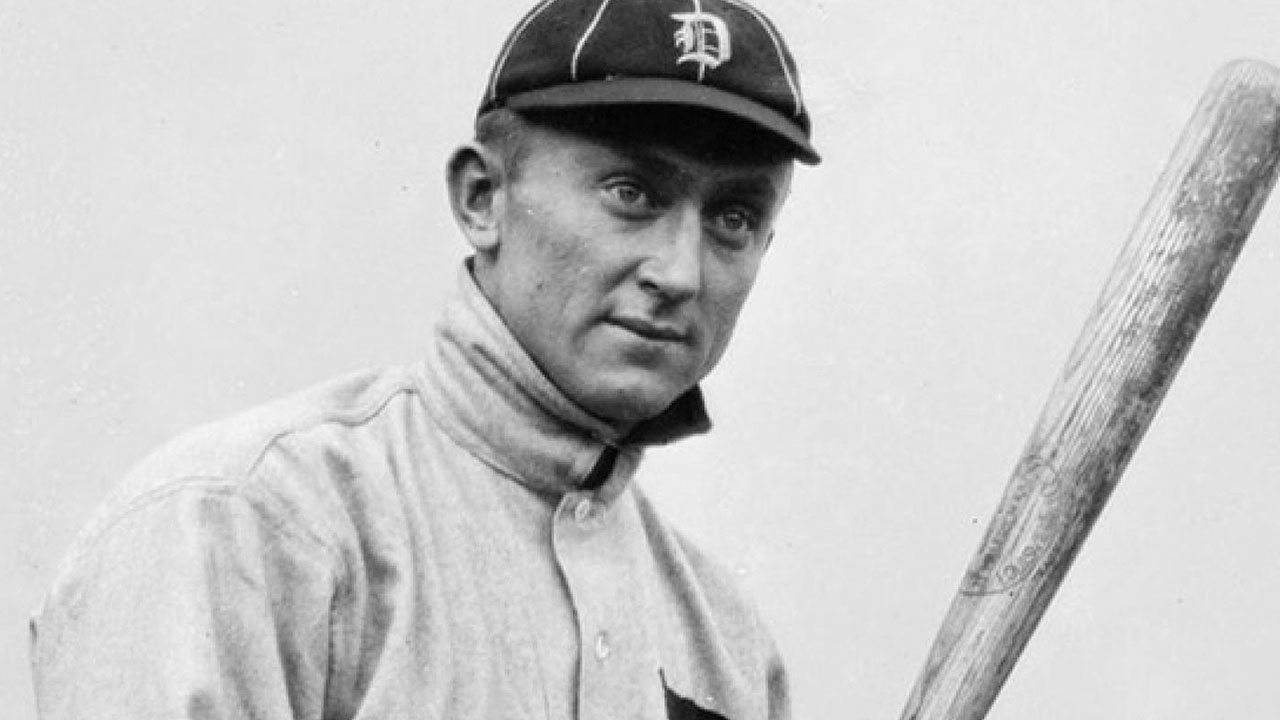
Ty Cobb, known for his aggressive style of play, was a fierce competitor who held numerous records during his career. Born on December 18, 1886, in Narrows, Georgia, Cobb played the majority of his career for the Detroit Tigers. His speed and hitting ability propelled him to stardom, making him one of the greatest players of his time.
Cobb finished his career with an astonishing .366 batting average, the highest in history. He also amassed 4,189 hits, including 297 home runs and 1,944 RBIs. Cobb’s intensity and fierce competitiveness earned him a reputation as one of the game’s most tenacious players, setting a standard for excellence that still resonates in baseball today.
Lou Gehrig: The Iron Horse
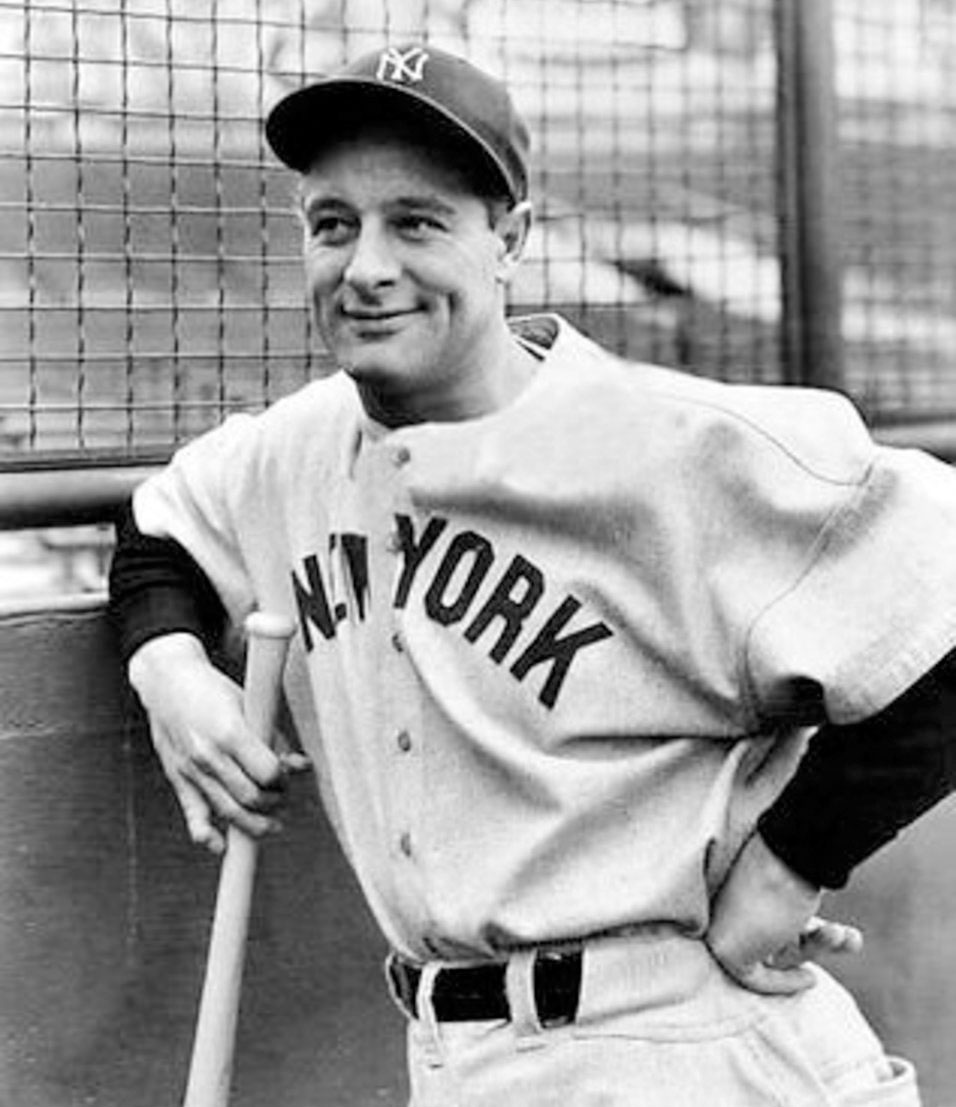
Lou Gehrig, born Henry Louis Gehrig on June 19, 1903, in New York City, was a legendary first baseman for the New York Yankees. Gehrig’s career was tragically cut short by amyotrophic lateral sclerosis (ALS), a degenerative neurological disease that now bears his name. Despite his shortened career, Gehrig left an indelible mark on the game through his incredible durability, power, and consistency.
Gehrig’s nickname, “The Iron Horse,” was a testament to his incredible streak of playing in 2,130 consecutive games, a record that stood for 56 years until it was surpassed by Cal Ripken Jr. in 1995. Gehrig was a prolific hitter, finishing his career with a .340 batting average, 493 home runs, and 1,995 RBIs. His dedication to the game and his unwavering perseverance in the face of adversity continue to inspire players and fans alike.
Walter Johnson: The Dominant Pitcher
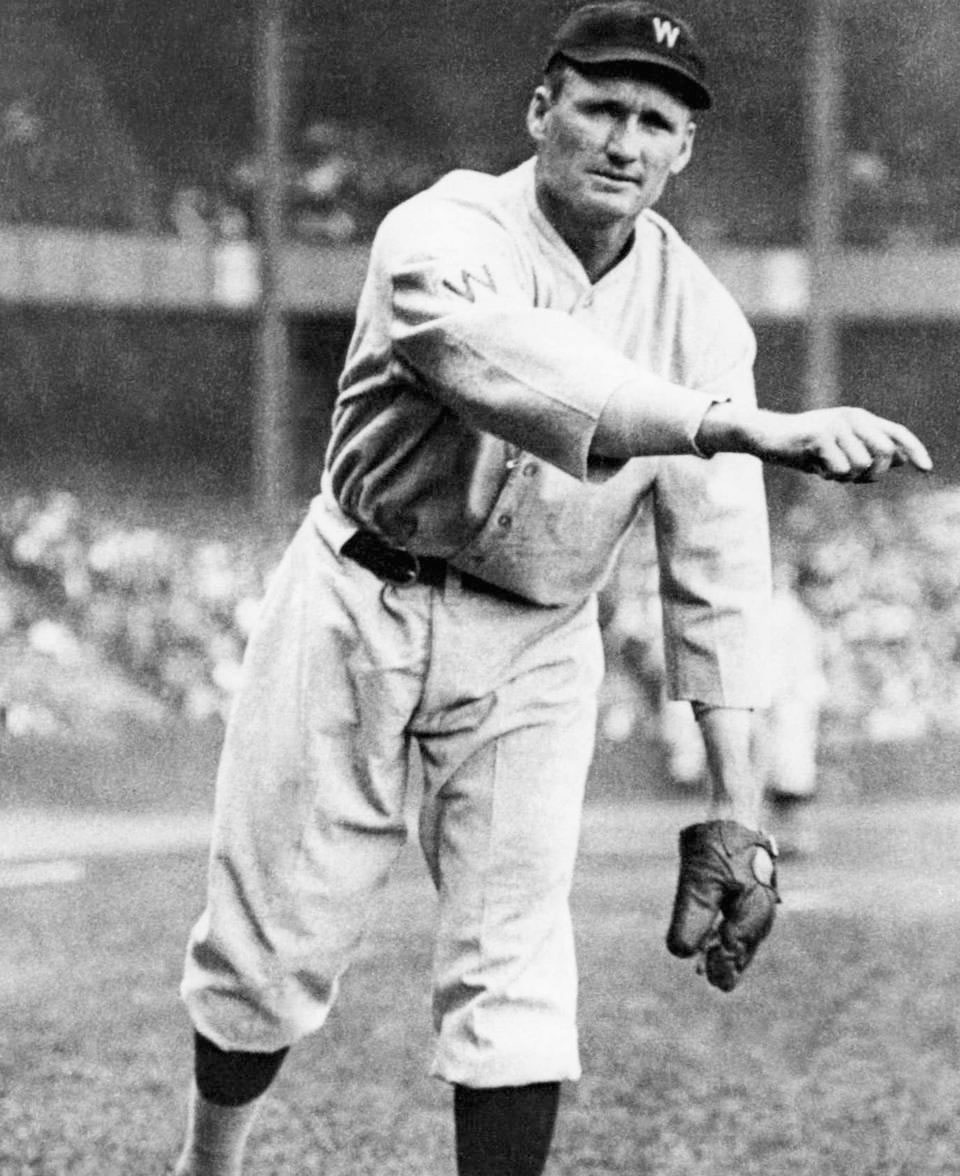
Walter Johnson, often referred to as the “Big Train,” was one of the greatest pitchers of all time. Born on November 6, 1887, in Humboldt, Kansas, Johnson spent his entire career with the Washington Senators. His blazing fastball and incredible longevity made him a dominant force on the pitcher’s mound.
Johnson’s list of accomplishments is extensive. He holds the record for the most career shutouts with 110, a feat that is unlikely to be surpassed. He also recorded 417 wins, which ranks second all-time. Johnson’s presence on the mound struck fear into the hearts of batters, and his impact on the game of baseball cannot be overstated.
Barry Bonds: Unmatched Statistical Achievements
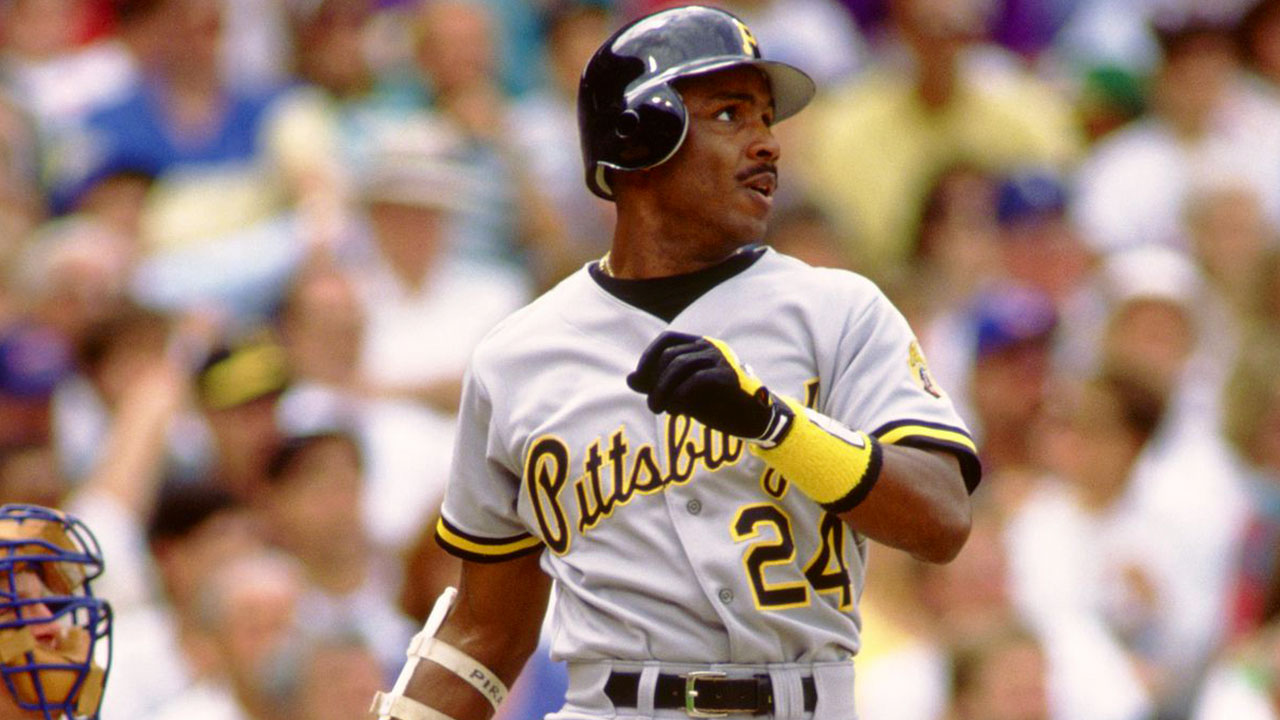
Barry Bonds, born on July 24, 1964, in Riverside, California, is widely regarded as one of the most controversial figures in baseball history. Bonds’s achievements are undisputed, but his association with performance-enhancing drugs has cast a shadow over his legacy. Nevertheless, his statistical accomplishments are unparalleled.
Bonds holds the record for the most home runs in a single season with 73 and the most home runs in a career with 762. He is also the only player in history to hit more than 500 home runs and steal more than 500 bases. Despite the controversy surrounding his career, Bonds’s impact on the game is undeniable.
Stan Musial: Consistency and Excellence
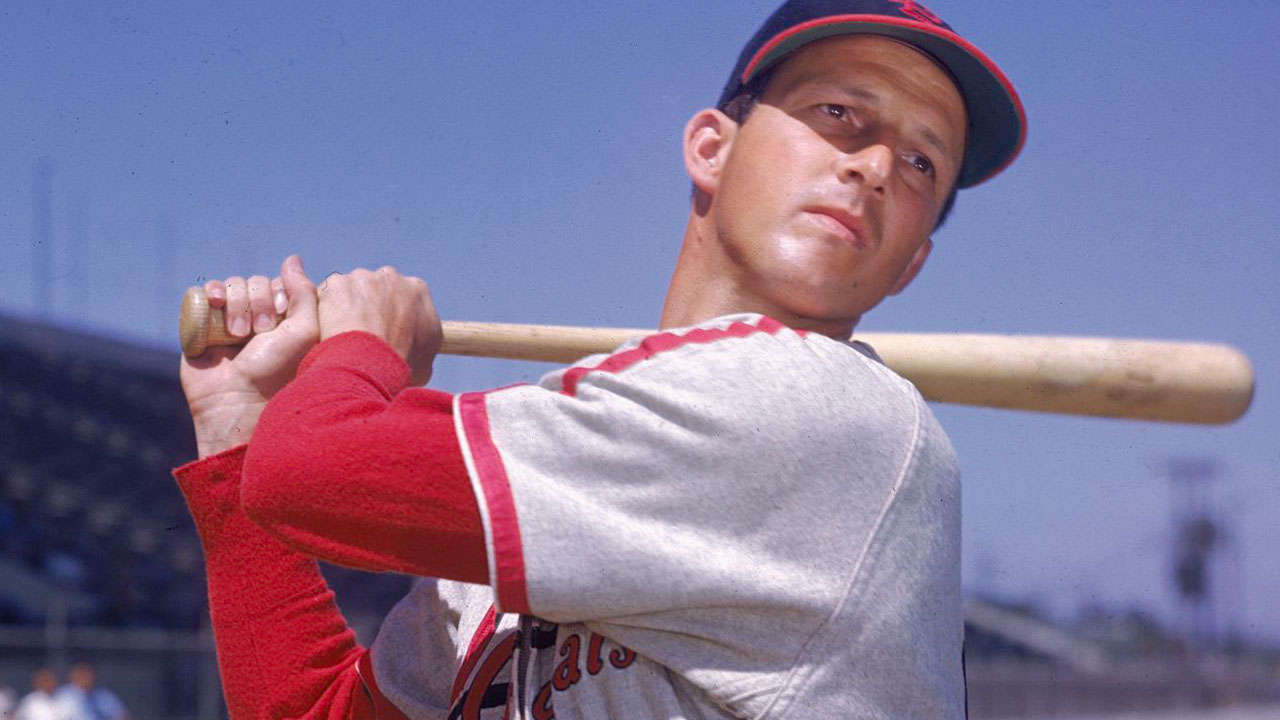
Stan Musial, often referred to as “Stan the Man,” was a model of consistency and excellence throughout his career. Born on November 21, 1920, in Donora, Pennsylvania, Musial played his entire 22-year career for the St. Louis Cardinals. His impressive hitting statistics and unwavering dedication to the game made him one of the most beloved players in baseball history.
Musial finished his career with 3,630 hits, 475 home runs, and 1,951 RBIs. He won seven batting titles and was named an All-Star 24 times. Musial’s impact extended beyond the field, as he was known for his sportsmanship and humility. He remains an iconic figure in the game of baseball.
Mickey Mantle: Raw Talent and Flair
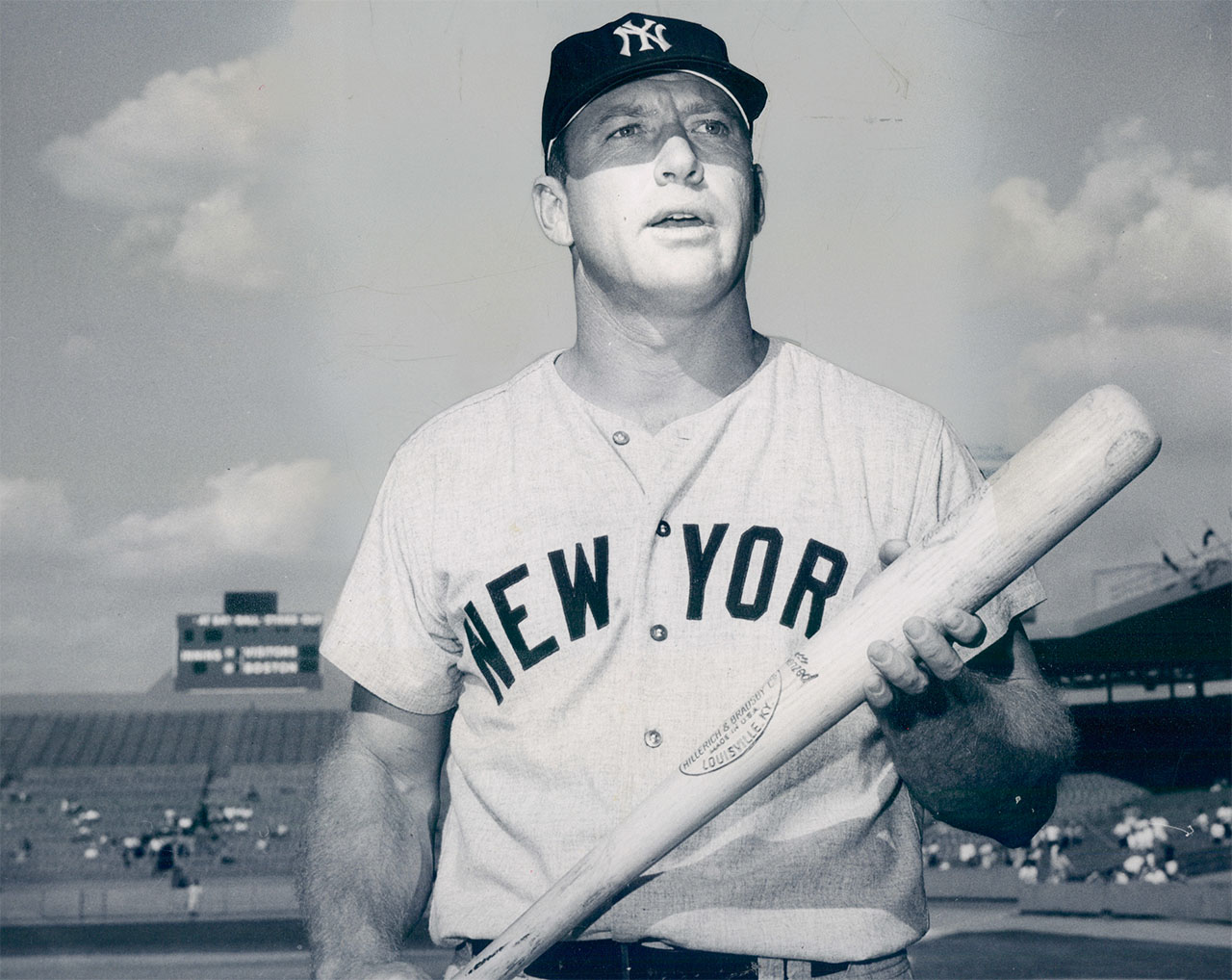
Mickey Mantle, born on October 20, 1931, in Spavinaw, Oklahoma, was the epitome of raw talent and flair. As a key member of the New York Yankees during the 1950s and 1960s, Mantle captivated fans with his incredible power and speed. His combination of strength and agility made him a fan favorite and solidified his place among the game’s elite.
Mantle finished his career with 536 home runs, 2,415 hits, and 1,509 RBIs. He won three MVP Awards and was named an All-Star 20 times. Despite enduring numerous injuries throughout his career, Mantle’s impact on the game cannot be overstated. He left a lasting legacy as one of the most electrifying players in baseball history.
Conclusion
While this list represents just a fraction of the incredible baseball talent throughout history, these 10 players have undoubtedly left an indelible legacy on the game. Babe Ruth, Willie Mays, Hank Aaron, Ted Williams, Ty Cobb, Lou Gehrig, Walter Johnson, Barry Bonds, Stan Musial, and Mickey Mantle have all achieved greatness through their remarkable skills, achievements, and impact on the sport.
Their contributions continue to inspire generations of baseball players and fans alike. The debate for the greatest baseball player of all time may never be settled definitively, but the influence these individuals have had on the game is undeniable. Baseball lovers young and old will forever admire and respect these players who have cemented their place among the game’s elite.
History of baseball
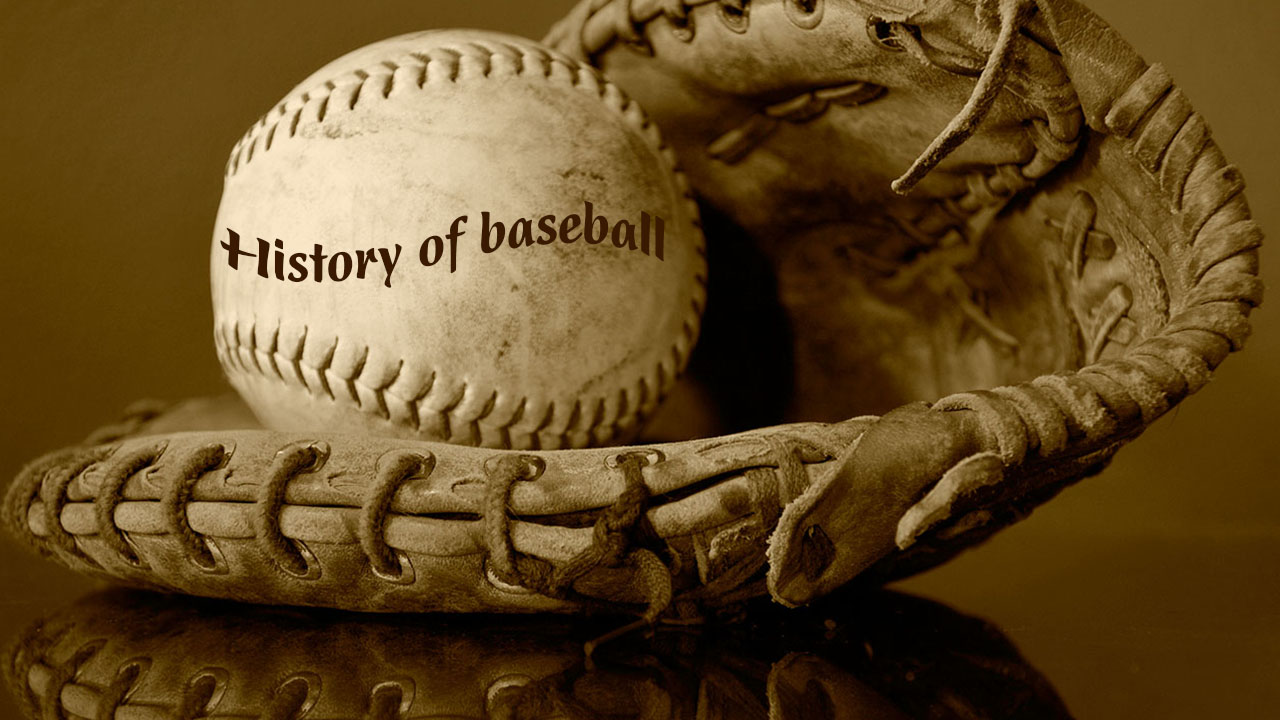
The history of baseball is a storied and intricate tale that spans over a century and a half. Here’s a summarized overview of the key milestones and developments in the history of baseball:
Early Origins and Development:
- The exact origins of baseball are debated, but it is believed to have evolved from various bat-and-ball games played in England and North America in the 18th and early 19th centuries.
- The Knickerbocker Base Ball Club of New York City is often credited with formalizing many of the rules of the game in the mid-1800s.
19th Century:
- Baseball gained popularity in the United States, with the first recorded baseball game being played in 1846.
- The National Association of Base Ball Players (NABBP) was formed in 1857, establishing some standardized rules and organizing matches.
- The Civil War and its aftermath contributed to the spread of baseball as soldiers played the game and introduced it to new regions.
Late 19th Century:
- The National League (NL) was founded in 1876 as the first major professional baseball league, consisting of several teams primarily in the northeastern U.S.
- The American League (AL) was established in 1901, creating a rivalry with the NL and leading to the formation of what we now know as Major League Baseball (MLB).
- The modern World Series, an annual championship series between the NL and AL champions, began in 1903.
Early 20th Century:
- The “Dead Ball Era” (roughly 1900-1919) was characterized by low-scoring games, dominant pitching, and a focus on strategy and small ball.
- Legendary players like Ty Cobb, Babe Ruth, and Honus Wagner rose to prominence, shaping the game’s early history.
1920s and 1930s:
- The “Live Ball Era” began with the emergence of power hitting, led by Babe Ruth, who transformed the game by hitting an unprecedented number of home runs.
- The Great Depression had an impact on the sport, but baseball continued to be a popular pastime.
1940s and 1950s:
- World War II temporarily affected the game as many players served in the military, but baseball remained a source of comfort for the public.
- Integration of baseball occurred with Jackie Robinson breaking the color barrier by playing for the Brooklyn Dodgers in 1947.
1960s and 1980s:
- Expansion, increased television coverage, and advancements in training and equipment brought baseball to a wider audience.
- The “Steroid Era” (1980s-2000s) saw controversies surrounding the use of performance-enhancing drugs by some players.
- The game continued to evolve, with new stars like Derek Jeter, Ken Griffey Jr., and Albert Pujols captivating fans.
- Advanced statistics and analytics gained prominence, influencing team strategies and player evaluations.
- Globalization of the game led to the inclusion of players from various countries and the growth of international competitions like the World Baseball Classic.
2000s and 2010s:
- The New York Yankees’ dynasty in the late 1990s extended into the early 2000s, with multiple championships led by players like Derek Jeter and Mariano Rivera.
- The Boston Red Sox ended their decades-long championship drought by winning the World Series in 2004, sparking a period of success for the team.
- The San Francisco Giants became a dominant force, winning multiple championships in the 2010s.
- Pitching became a focal point, with several dominant pitchers like Clayton Kershaw, Max Scherzer, and Justin Verlander achieving notable success.
- Technology and analytics continued to reshape the game, with the widespread use of data-driven strategies for player development, game management, and scouting.
2020s and Beyond:
- The COVID-19 pandemic in 2020 disrupted the MLB schedule, leading to a shortened season and changes to game protocols.
- The Houston Astros were embroiled in a sign-stealing scandal that brought attention to issues of fair play and sportsmanship.
- The emphasis on power hitting and home runs continued, but efforts to address pace of play and engage younger fans led to rule changes and experimental initiatives.
- Increased awareness of social justice issues led to players using their platforms to advocate for change and greater inclusivity.
- The internationalization of baseball expanded further, with players from countries around the world making significant contributions to the sport.
Challenges and Future Outlook:

- Baseball continues to face challenges related to declining youth participation, competition from other sports, and the changing media landscape.
- The sport has been exploring ways to enhance fan engagement, whether through digital platforms, new game formats, or international events.
- Sustainability and environmental concerns are gaining attention, prompting efforts to reduce the sport’s ecological footprint.
- Efforts to ensure fairness and integrity, particularly in areas like performance-enhancing substances and technology-based cheating, remain ongoing priorities.
As baseball moves forward, it will likely continue to evolve while honoring its rich history and traditions. The game’s ability to adapt to societal changes, embrace technological advancements, and engage new generations of fans will play a crucial role in shaping its trajectory in the years to come.



